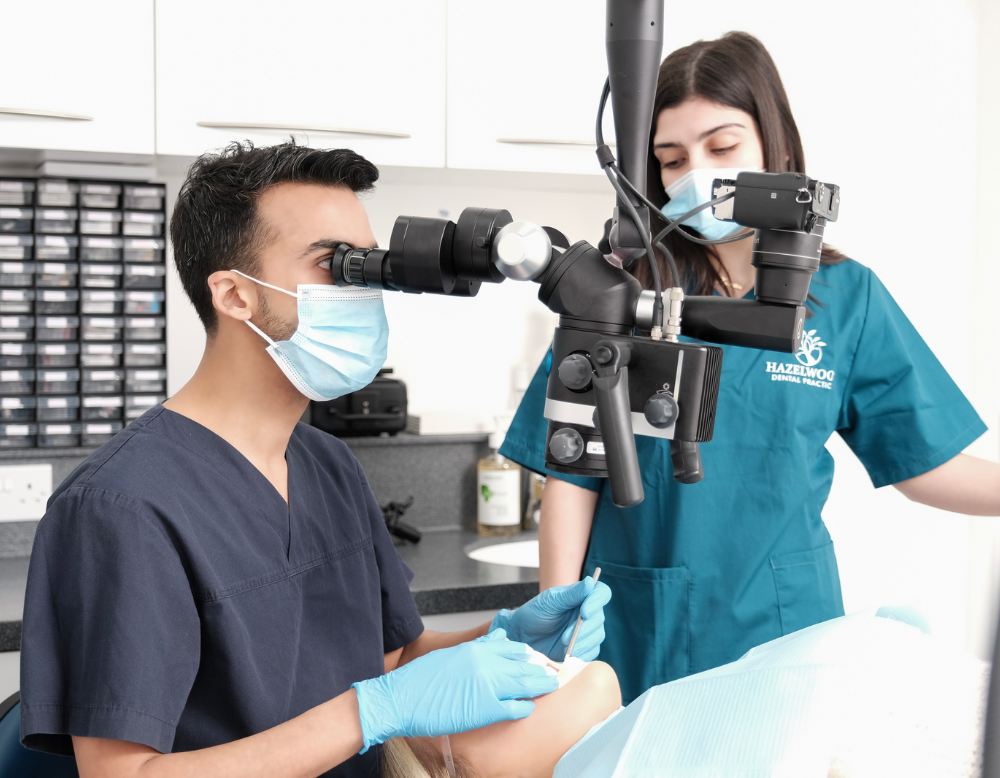









They say that a smile can last a lifetime. However, that’s only true if you take care of it. In this post, we’ll provide eight simple tips that you can follow to keep your teeth and gums healthy and strong throughout your entire life.
Brushing your teeth is the number one thing you can do to keep your teeth healthy. That’s because brushing removes plaque, which is the cause of cavities. So make sure to brush your teeth at least twice a day, especially after eating breakfast and before bedtime.
Also, make sure to use fluoride toothpaste rather than “natural” kinds of toothpaste that don’t contain any fluoride. Most brands of toothpaste contain fluoride, but check the packet to make sure it is correct.
Floss your teeth at least once a day to dislodge bits of food from between your teeth. If you don’t floss, the food will feed bacteria and might eventually cause plaque and cavities.
If you decide to use mouthwash, then make sure it’s one that contains fluoride. That’s because fluoride helps to strengthen your enamel, thereby helping to prevent cavities.
Another way to keep your teeth healthy is to visit your dentist for regular check-ups. We know that finding the time to see a dentist can be difficult, but you still need to do it because it helps to prevent dental problems. For example, if you have a cavity, a dentist can repair it with a filling before it gets worse and requires more serious treatment.
It’s best to avoid eating snacks because every time you eat, it exposes your teeth to things like sugar and acidity. Stick to eating only at mealtimes, and this will reduce the amount of time your teeth are under attack.
It’s a fact that most of us should be eating less sugar. Sugary foods, like biscuits, sweets, cake, and even fruit juice, all put you at a greater risk of developing cavities. Therefore, it’s best to replace sugary foods in your diet with healthier alternatives, such as carrots, celery, nuts and seeds.
Your teeth and bones need calcium to stay healthy and strong, so it’s important to get enough calcium in your diet. Good sources of calcium include milk, cheese, or, indeed, any dairy foods.
And for people who don’t eat dairy, other good sources of calcium include green leafy vegetables, soya beans, tofu, and nuts. Also, some rice drinks and soya drinks are fortified with calcium.
If you play a contact sport, such as rugby, hockey or football, then you should wear a mouthguard every time you play. After all, you don’t want to lose a tooth if a ball or puck hits you in the mouth. Mouthguards can be obtained from pharmacies, online retailers and your dentist.
We hope that these tips will help you to maintain a healthy, natural smile throughout your life. If you’d like to speak to a dentist about anything we’ve covered, simply call us on 020 8882 3180 and make an appointment.
Back to Blog
“I had a tooth extraction with Dr Femi and his nurse, Christine, today; they are the best! I was very nervous, and they both made me feel at ease, ensured I was okay and explained the process in detail to me. I am very happy and already feel better. Dr Femi is the best and...”
“I’m so happy I’ve been given the all-clear after being fitted with dental implants. Thank you, Dr Hussein Asaria, for performing the surgery with minimal discomfort and feeling so at ease throughout the procedure. I am so glad the procedure went smoothly, and I recovered really well. I am pleased with the results and wish...”
“I was a nervous patient and was worried about having my tooth taken out. Dr Femi and his nurse were so amazing. I had a denture to be fitted, and he did that. It was done very quickly, and the nurse was very caring. I have to say I have had no pain since. This...”
“Dear Hazelwood Dental Practice, just to let you know that Femi and Christina did a fantastic job on my mother removing 3 front teeth. She had a bit of pain with the injections, but apart from that, there was no pain with the removal of the teeth and no pain thereafter. As my mother was...”
“I had a tooth extraction with Dr Femi and his nurse, Christine, today; they are the best! I was very nervous, and they both made...”
“I’m so happy I’ve been given the all-clear after being fitted with dental implants. Thank you, Dr Hussein Asaria, for performing the surgery with minimal...”
“I was a nervous patient and was worried about having my tooth taken out. Dr Femi and his nurse were so amazing. I had a...”
“Dear Hazelwood Dental Practice, just to let you know that Femi and Christina did a fantastic job on my mother removing 3 front teeth. She...”
Error: No connected account.
Please go to the Instagram Feed settings page to connect an account.


